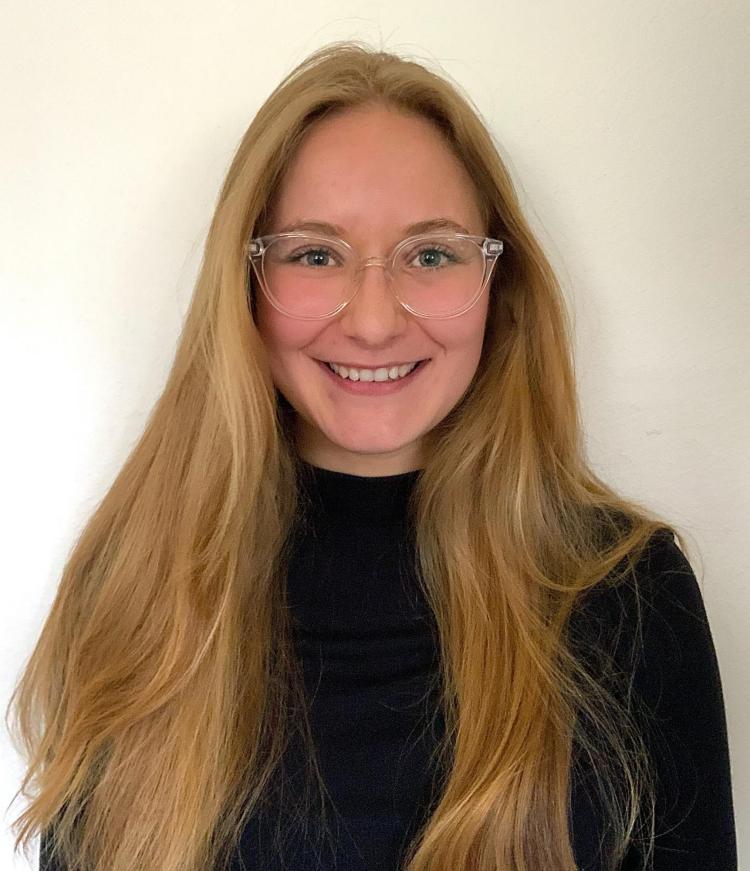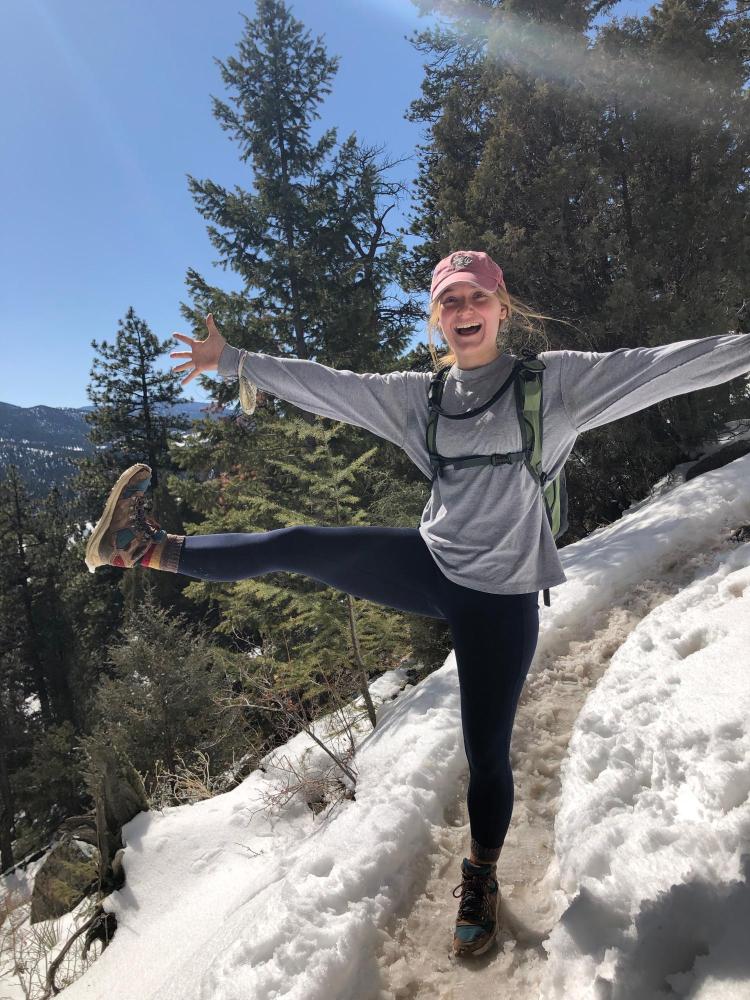Charley Thomas wins prestigious NDSEG Fellowship

The prestigious fellowship, offered through the U.S. Department of Defense, promotes education in science and engineering disciplines relevant to national defense.
The competitive program offers three-year graduate fellowships that pay for full tuition and fees, a $38,400 annual stipend, a $5,000 travel budget over the fellow’s tenure for professional development, and up to $1,200 a year in health insurance.
More than 4,000 NDSEG fellowships have been granted since the program’s inception out of more than 60,000 applications received.
Learn more about Thomas’s research and future plans:
What is the focus of your research? Why were you attracted to this area of study?
My research is aimed at understanding the chemical reactions that cause lithium-ion batteries (LIBs) to catch on fire. I am mentored by my advisor, Professor Hope Michelsen, and Professor Chunmei Ban.
This project is particularly exciting to me because of its potential to benefit society and the environment. LIBs are excellent energy storage devices, and they will be an important piece of the fight to displace fossil fuels with renewable energy alternatives. Also, there's some really cool science involved in LIB research!
As an undergraduate student at the University of Michigan I worked with Professor Margaret Wooldridge, who specializes in combustion research. I also did an internship at Lawrence Livermore National Lab where I worked on developing a chemical kinetic mechanism for the combustion of small alcohol biofuels. I really enjoyed the combustion research I did, so when I was applying to graduate schools, I wanted to find a project that was related to combustion chemistry.
I chose to come to CU because I wanted to work with Hope Michelsen. She's an excellent researcher and a very supportive mentor. She presented me with the battery fire project, and I thought it sounded like a really interesting combination of the combustion science I had known and loved and new, interesting topics like electrochemistry.

I was actually in a class taught by Professor Nicole Labbe when I found out I got the fellowship. She was an NDSEG fellow when she was a PhD student, so I told her as soon as I saw the email, and we celebrated together. It was a cool moment! Then I called my parents and grandparents, then I cried, then I emailed all my research mentors to let them know about the award and thank them for their support and contributions to my application. Then my roommate and I had Bumbling Bee for dinner.
How will NDSEG assist you in your research? What are you most looking forward to?
This fellowship will be helpful in quite a few ways. First, it funds the next three years of my PhD. Second, it funds travel to academic conferences or other travel that contributes to my education. Third, and what I'm looking forward to the most, is that they put on a conference for all the NDSEG fellows in my fellowship class to meet and discuss our research. I think that's going to be a really fun chance to get to know other people that might end up being my colleagues in the future!
What are your hopes and plans after graduation?
After graduation, I could see myself pursuing a career as a professor. I've always loved teaching, and I love research. Professorship is a great way for me to have both of those!
However, I certainly haven't ruled out other possibilities. I really enjoyed my internship at the national lab, and I could see myself working there in the future.
Anything else you’d like to share?
Most of my research mentors have been females. It's been fun and empowering to work with such brilliant and kind women who are leaders in their respective fields. I'm so grateful for their support! They've inspired me to want to mentor other women in STEM in the future.

